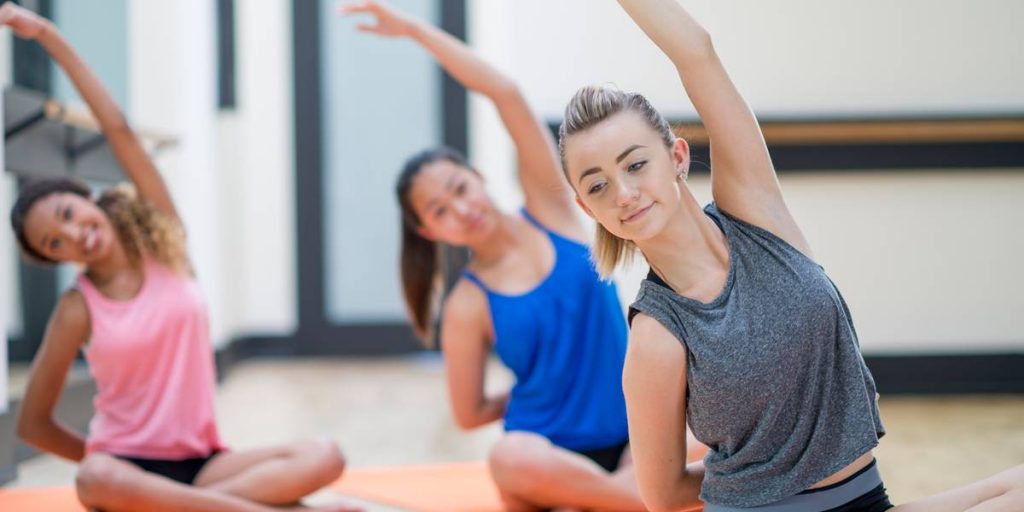The life of modern adolescents is filled with daily stress, and their young fragile psyche cannot always cope with it. This leads to increased anxiety, which affects relationships with parents and teachers, studies and health. Treatment of increased anxiety with medication is sometimes very dangerous for a young body because it has many side effects. Parents often try to help their children, but they do not have the necessary tools. Sometimes consultation with a therapist injures a child, as adolescents perceive this as an invasion of their personal lives.

What to do in this situation to help your child?
This problem requires the special attention of psychologists and scientists. Recent studies show that yoga and psychotherapy are two of the best ways to improve the mental state of adolescents.
During the study, scientists observed the effects of asana, meditation, and breathing practices on adolescents. It turned out that exercise had the greatest positive effect on reducing stress. Meditation was not suitable for all adolescents, especially those who were in great stress. Meditation for such children is not the first method of help, and it is better to use it after physical exertion such as asana.
If children with a high level of stress use medicines, then do not cancel them without the permission of a doctor. Just they should try doing yoga before taking medication. During the day they can do breathing practices that have a good effect on the functioning of the nervous system. An integrated approach to solving the problem will give the best result, and when the child can cope with stressful situations easily, and then you can consider refusing medication under the supervision of a doctor.
According to scientists yoga, breathing practices and meditation can help modern teens cope with daily social pressure and reduce stress levels. A good solution is to use such methods in schools where children experience a high level of anxiety due to ratings and relationships with peers.
Comments are closed, but trackbacks and pingbacks are open.